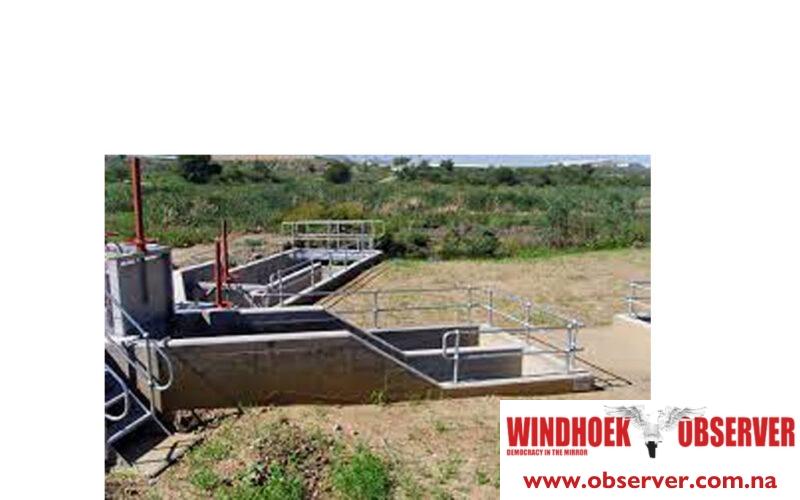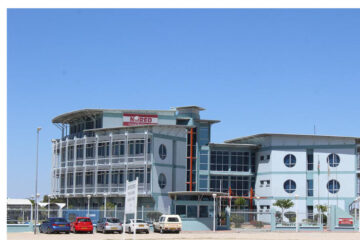Niël Terblanché
Namibia, with over 80 percent of its land area consisting of desert or semi-desert regions, has long struggled with extreme and protracted drought periods, leading to severe water supply challenges across the country, particularly in the central parts of Namibia.
These challenges necessitate precise demand management, responsible management and recycling of existing water resources, and the urgent development of new sources.
The Namibian government, in its ongoing efforts to mitigate water scarcity in especially the central parts of the country, has secured a substantial financial boost from the German government.
In this regard, an agreement was signed between the Ministry of Finance and Public Enterprises and Germany’s KfW Development Bank, marking a significant step toward enhancing the nation’s water development efforts.
The focal point of the agreement is a concessional loan of N$1,026,650,000 from the German Federal Ministry for Economic Cooperation and Development.
The loan will finance the rehabilitation and extension of the Gammams and Otjomuise Wastewater Treatment Plants in Windhoek.
The primary objective of this project is to upgrade the wastewater treatment capacities of these plants, ultimately improving the potable water supply in Windhoek.
The upgraded plants will provide feedwater for the city’s direct potable reclamation plants, addressing the increasingly precarious water supply situation in the Namibian capital.
The project will be implemented through the KfW Development Bank on behalf of the German government and it aligns with the long-term strategies outlined by the City of Windhoek and the Namibian Government to ensure efficient water supply to its citizens.
Upon completion of the project, the Gammams and Otjomuise Wastewater Treatment Plants will experience improvements in both operational capacity and effluent quality.
These enhancements will secure additional feedwater for a second Direct Potable Reclamation plant (DPR 2), contributing to the water supply security of Windhoek and safeguarding water resources in the entire Central Area of Namibia.
DPR 2, like the wastewater treatment plant upgrades, is also funded by the German government through KfW.
Both projects will be implemented concurrently with the support of concessional loans in local currency from KfW.
More than 400,000 residents of Windhoek stand to benefit directly from these investments in the city’s water infrastructure.
These measures are designed to help Windhoek adapt to the challenges posed by climate change and enhance the city’s water supply resilience.
The measures will address the pressing need for the rehabilitation of existing infrastructure and investments in new infrastructure to ensure a sustainable water supply in the long term.
In addition to these infrastructure projects, the City of Windhoek is actively promoting public awareness of water conservation and reduced consumption.
To complement these efforts, a pilot project aimed at reducing water losses throughout the city’s water network will be initiated.
The project will receive funding from German Development Cooperation through KfW, in the form of a grant worth N$30 million.
The substantial investment from the German government will enable Namibia to take significant strides towards mitigating its water supply challenges and ensuring a more secure and sustainable water future for the people.




